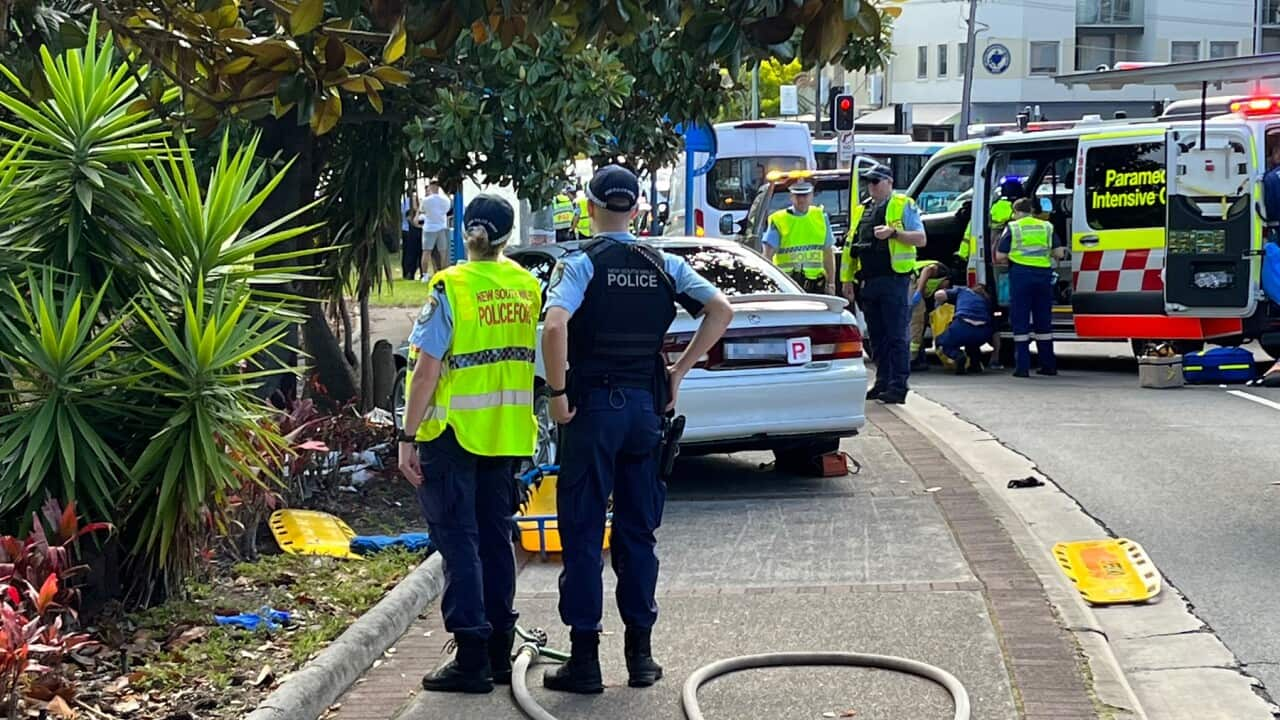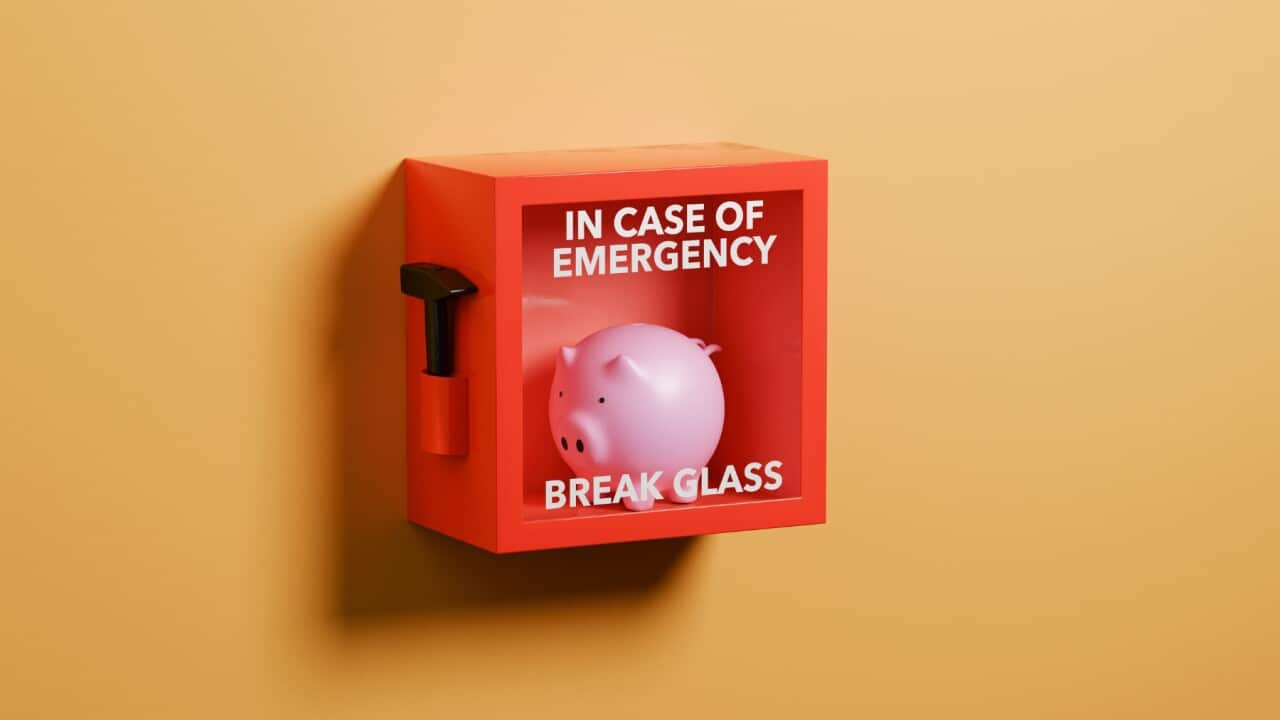TRANSCRIPT:
It's been a deadly week on New South Wales roads.
In the past seven days, eight people have died.
New South Wales Premier Chris Minns says the police don't want to see that toll go any higher.
"We're heading into the busy Christmas period and our real concern is that road toll will increase over the Christmas New Year period. So the message is slow down. New South Wales Police will be out in force, double demerit points will apply, and if you speed or you break the road rules, best case scenario is that you lose your license. The worst case scenario is that you kill yourself or a loved one or someone you've never met before."
Victoria has also seen a spike in fatal accidents.
C-E-O of the Transport Accident Commission in Victoria Tracey Slatter says the road death toll this year is its highest since 2008.
"We are seeing some unusual numbers in that overall situation this year, and one of them is that deaths on regional roads are an ongoing challenge. And that is actually increased by more than 30 per cent this year. There has also been an unusual spike in multi-fatality crashes this year and the number of passenger fatalities has more than doubled. So that is a real concern for us."
The New South Wales and Victorian figures are not an isolated phenomenon.
Data from the Australian Automobile Association show the country's road death toll is at a five year high, with 1,253 people killed in car accidents in the twelve months to November 30.
It shows that South Australia experienced the largest jump in fatalities with a 61.4 per cent increase from the same period last year.
Chris Minns says a return of people to the road after the height of the COVID pandemic could be driving the increase.
"Any life lost on New South Wales roads is devastating for the family and friends of that person. Obviously 2023 is a non-COVID year, there was changes to driving and behaviour in 2022, so regrettably - and as awful as the statistics are - we've seen an increase in 23 over 22."
Amber Community, formerly known as Road Trauma Support Services Victoria, is a group dedicated to providing free support and counselling to those impacted by road trauma.
Their C-E-O Bernadette Nugent says that road trauma and fatal incidents are not always the result of high risk driving.
"I think that there is probably a lack of acknowledgement in the community about who is impacted by road trauma. I think sometimes we can make assumptions that it's the people at the worst end of offending on the roads, so people who are driving at excessive speeds or are influenced by drugs and alcohol. But there is a lot that's happening that is causing road trauma that are the normal every day mistakes that people make, that you know is definitely contributing to the statistics as they are this year."
Tracey Slatter says that despite what some people think, the majority of incidents aren't caused by younger drivers.
"There is a common understanding that it's mostly young people involved in accidents but that's not what we're seeing. I mean obviously we do see young people involved in accidents but accidents in people over 70 years of age is just as great as those in the younger years and everything in between. Across the board we see speed as the critical factor in road trauma and we're certainly calling on all Victorians to slow down and drive to the conditions, and the speed limit isn't a target speed it's a limit and the conditions and the circumstances mean that often you need to drive at a speed lower than the speed limit."
But the New South Wales government is now also trialling a new demerit point return scheme, which Minister for Roads John Graham says could incentivise better driving.
"A big reminder to 1.3 million drivers, who are eligible to earn a point back if they continue their good behaviour, good behaviour that's continued from January 17 this year. If they keep that effort to January 17 next year they'll earn a point back as we trial both the carrot and the stick."
The increased death toll is prompting calls for greater transparency from states about their road toll statistics.
The Australian Automobile Association says they need the crucial data about the causes of accidents and law enforcement patterns, amid concern national targets to cut fatalities by fifty percent by 2030 are failing.
The Australian Medical Association is echoing those calls.
The A-M-A says Victorian data shows an increase in hospitalisations from e-scooter related incidents, but they don't know if the trend is impacting other states because of a lack of information from them.
Still, regardless of who or what is behind increasing road tolls, Bernadette Nugent says the devastation and trauma caused by accidents is pervasive.
She says everyone in the community has a responsibility to keeping each other safe.
"And I'm talking about everyone as road users including pedestrians and cyclists, about taking responsibility for our own behaviour. And getting behind that wheel and thinking about, if I drive in a way that endangers myself or other people, what is the long term impact of that going to be?"













